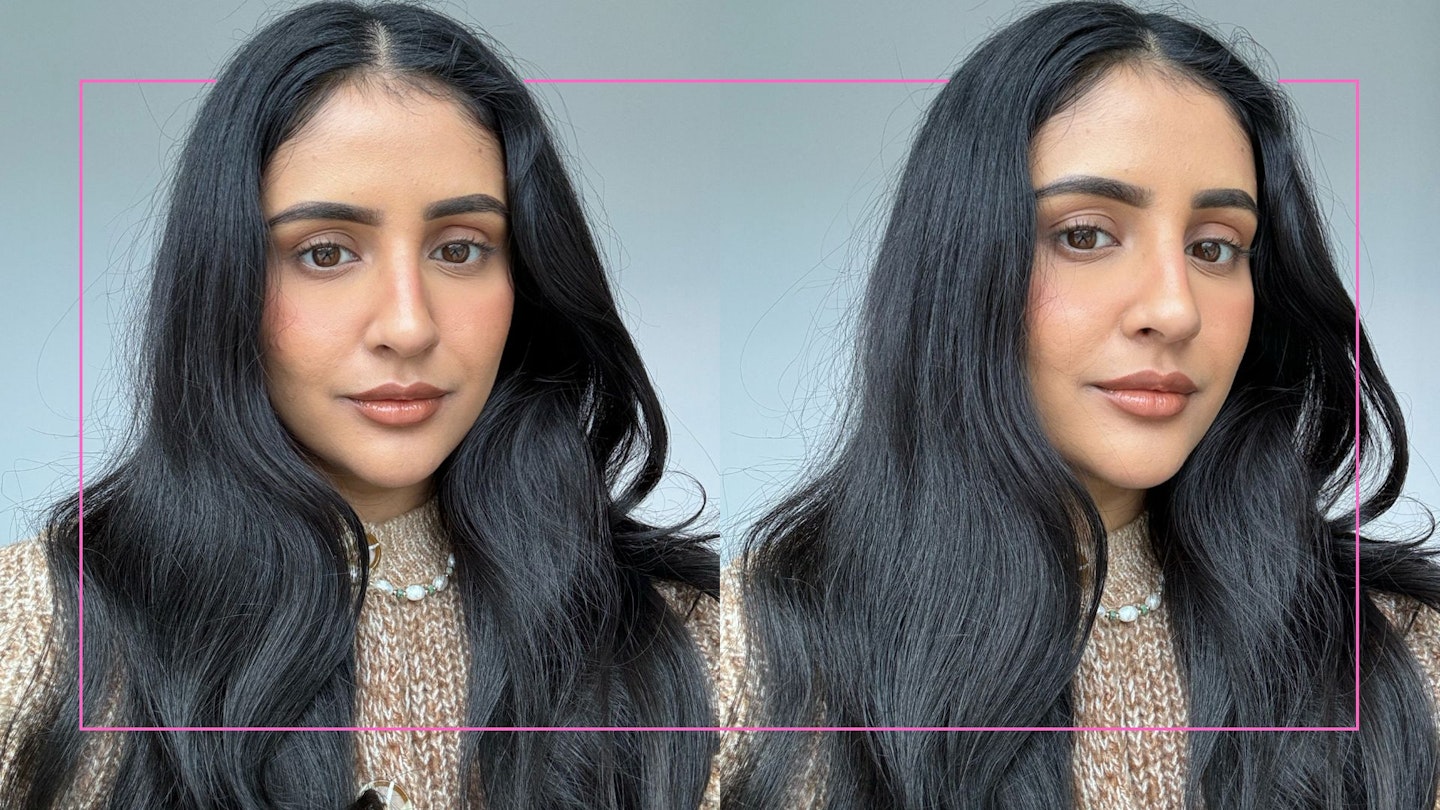Ramadan is finally here – cue collective sighs of relief from the global Muslim community. The ninth month of the Islamic lunar calendar, which is welcomed by almost two billion Muslims around the world, always tends to arrive precisely when you need it most. It's the reason why, on the night the new moon was sighted on Sunday 10th March, congratulatory WhatsApp messages shared between my best friends and I were quickly followed by the sentiments, 'the timing couldn't be better' and 'I really needed this'. You see, while Ramadan is perhaps most associated with the practice of fasting, the holy month means so much more than brief dietary abstention.
Those observing Ramadan for the next month will exercise patience, gratitude, and compassion. They will engage in charitable causes, increase acts of worship and reinvigorate community spirit, all in the name of reaffirming their connection to Allah (God). The perfect balance of physical and spiritual devotion, it is a chance to turn the lens inward, to self-reflect, re-centre and heal the mind, body and soul by finding a sense of sacred solace amid everyday life.
But fasting from dawn to dusk (yes, without water) isn't Ramadan's only good lesson in physical discipline. With our routines flipped on their head – we rise at 4am for Suhoor (the pre-dawn meal before fasting begins), perform prayers punctually throughout the day, recite Quran, break bread with loved ones during Iftar (the meal that ends the fast come sunset), frequent the mosque for nightly prayers (Taraweeh), and in the last 10 nights ramp up prayers right into the early hours – I am always left with a new-found respect for the body that sustains me even while it seems momentarily depleted. It's the reason why I pay close attention to it throughout, nourishing it with what it needs, protecting it from over-exertion and removing anything from my day that proves to be too taxing on time and energy. This stripped-back approach has helped me to develop a minimal outlook on life, which is especially apparent in my streamlined beauty routine and mindful eating habits – I don't need much to help me feel good and get by, and that's one of the many lessons I carry with me throughout Ramadan and beyond.
If you're anything like me, you'll likely be wondering how exactly fasting impacts the body, what it's doing to your skin and how to nurture it so that you can really reap the benefits of this sanctified tradition. So, I turned to the experts for help.
What are the benefits of fasting on the body?
While it's been a long-standing fixture in the Islamic world, the West is only just waking up to the benefits of intermittent fasting, or IF. Dietitian and nutritionist Nazima Qureshi, explains, 'Muslims have been fasting for thousands of years and recently a lot of research has come out about intermittent fasting, which has helped us to understand it beyond the religious and spiritual benefits.'
IF is perhaps most akin to the type of fasts undertaken during Ramadan, as eating patterns cycle between periods of fasting and eating throughout a 24 hour window. Fasting impacts the body on a cellular level, leading to shifts in hormone levels, cell function and gene expression; for instance, cells can initiate important repair processes and a spike in the levels of the human growth hormone (HGH) can also occur, which benefits fat loss and muscle gain.
Qureshi also says: 'Research studies on IF show improvements in cardiovascular health and blood sugar levels and, while unlike IF – Ramadan's religious fasting is dry, meaning no consumption of liquids including water, supplements or medicine – we can still extrapolate some of those benefits from IF to religious fasting.'
Intent on revolutionising the way Muslims fast, Qureshi's book The Healthy Ramadan Guide, £21.39, points out, 'For individuals living with one or more cardiovascular risk factors such as high blood pressure or high cholesterol levels, you may experience improvements in your health as a benefit of fasting. Studies have shown that fasting can improve levels of HDL cholesterol, which is known as the good cholesterol. However, there are mixed findings on the effect of fasting on LDL (bad) cholesterol.'
How to approach food and nutrition when fasting
Qureshi believes that the common 'tiredness' anecdote that is shared amongst Muslims when we fast is not so much associated with fasting itself but a result of the foods we choose to fuel our bodies with in the small eating window of the day.
She says, when it comes to Suhoor, 'it's important to wake up even though it could be challenging when you have work, school, or daily obligations, as this is the last opportunity you have to nourish yourself. You want to focus on proteins (eggs, cottage cheese, and Greek yogurt), pair that with healthy fats (avocados, chia seeds and hemp seeds) and complex carbs (whole grain sprouted bread, oats or barley), and have plenty of water, which will keep you energised throughout the day. Avoid simple carbohydrates like a bowl of cereal which will spike blood sugar levels and leave you hungry by 9am.'
Iftar, your evening meal, can be a little more tricky. This a time for gathering, for celebration, when cultural nuances are appreciated through food. But 30 days of celebratory feasting isn't necessarily the best way to go about things, nor does it speak to the real message of Ramadan. 'Over consuming and having heavy foods everyday will impact how you feel for the whole month. Its not about skipping the cultural foods, but keep in mind portion size.'
A good way to approach it is to open your fast with dates, water and some fruit, then perform your evening prayers, and follow this up with a balanced dinner. This will prevent over consuming, physical pains from eating too quickly in a short time, and other digestive concerns. Avoid sugary drinks, limit fried foods, late night post-Taraweeh snacking, and salty, processed foods, which can leave you low on energy and thirsty the next day.
What happens to your skin when you fast?
A quick glance at the current material online will quickly lead you into thinking fasting can negatively impact your skin, but that's not necessarily true. Dr Aamna Adel, doctor and dermatology registrar, says: 'A lot of people may assume that there's quite a lot of negative impacts on the skin with fasting, but actually there's a lot of positives.'
Dr Adel notes that fasting can improve the signs of ageing, collagen production, and can help bring skin inflammation under control, which studies suggest can occur when fasting reduces the levels of pro-inflammatory cytokine (small proteins which regulate immunity and responses to inflammation) – this is especially beneficial for conditions such as psoriasis. But of course, it's all about balance and being mindful of what you're eating in the non-fasting periods, which Dr Adel says can either improve or hinder the health of your skin.
Another myth Dr Adel is keen to debunk? Fasting leaves skin dehydrated, damages the skin barrier and contributes to trans-epidermal water loss. 'For your skin to start showing signs of dehydration as a result of not drinking water, you would have to be severely dehydrated and you won't necessarily see those signs in someone who is fasting if they're drinking a good amount of water in their non-fasting period.'
Likewise, trans-epidermal water loss (TEWL) and any damage to the skin barrier is more commonly associated with environmental factors rather than being a byproduct of fasting, she notes. So, if you're in a low-humidity, hot climate which induces sweating, you'll experience a natural increase of water loss in the skin. 'One of the main functions of the skin barrier is to keep hydration in the skin and there are various things that can impact that function like your skincare routine or if you have an underlying condition like eczema. Fasting doesn't negatively impact your skin barrier on a cellular level.'
A major benefit Dr Adel has seen as a result of fasting is the regulation of insulin levels. 'Insulin spikes increases IGF-1 (a hormone that manages the effects of growth hormone GH in your body), which can have a negative impact on your androgen levels (a sex hormone) and can contribute to acne.'
Should I adapt my skincare routine for Ramadan?
In a word: no. According to Dr Adel, 'nobody needs to go out a buy a full new regimen for Ramadan, if anything you can slightly adjust what you already have as naturally you will have a slightly different routine.'
As long as you are sticking to the prescribed practices of fasting in Ramadan– waking for Suhoor, nourishing your body with a balanced diet, staying hydrated, and breaking your fast mindfully – you shouldn't see any negative effects on your skin. If, however, things really go awry, Dr Adel recommends layering more hydrating ingredients like hyaluronic acid and glycerin-based products in your routine, sluggingat night if you're very dry and, if your skin barrier is particularly compromised, try zinc oxide, panthenol or ceramide-enriched formulae. '[They] help strengthen and boost the skin barrier, and in turn this helps with hydration because the stronger the barrier, the better it is at holding water.'
Shop: My Ramadan Beauty Routine
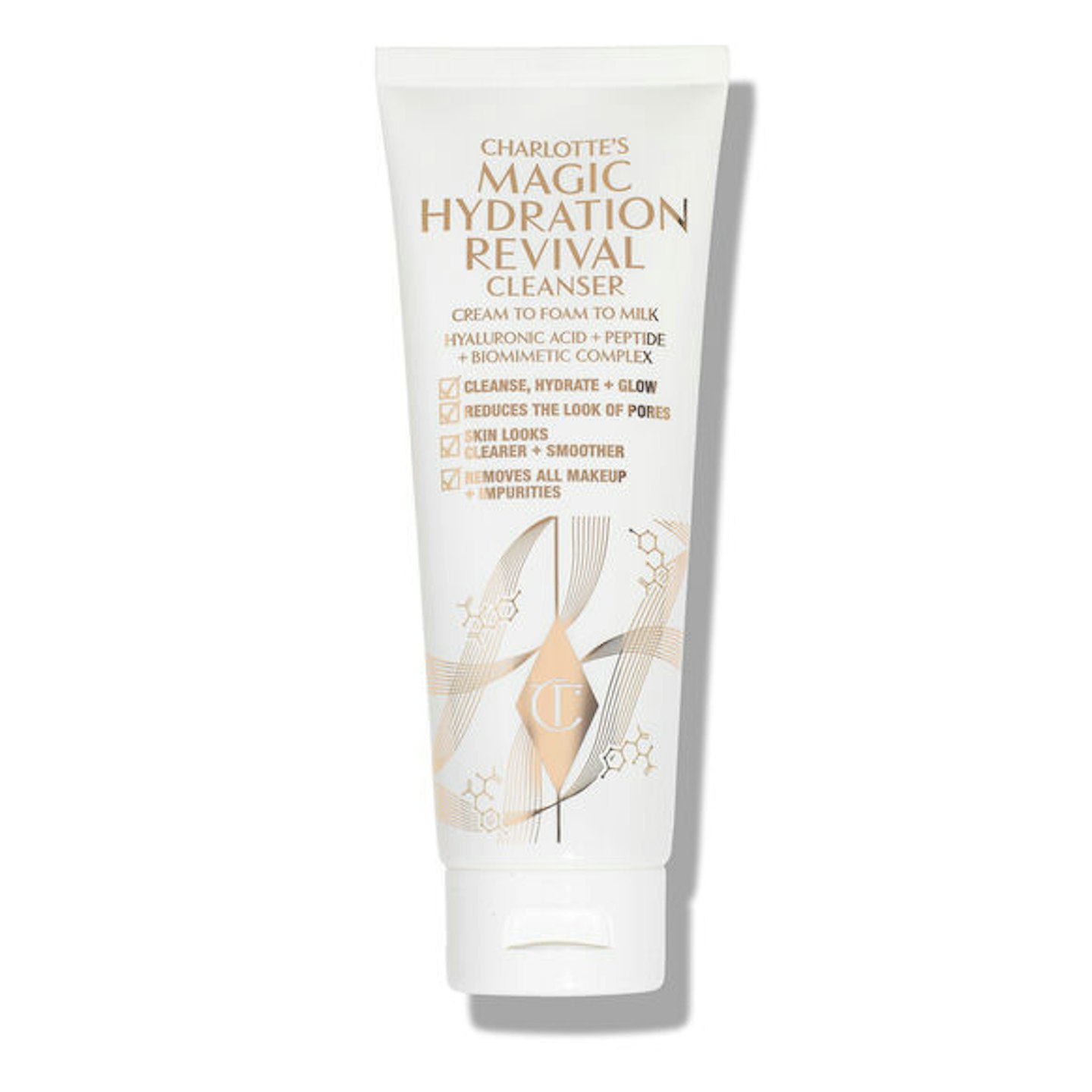
This no-fuss, hybrid combines the very best of cleansing textures. The cream-to-foam-to-milk formula includes hyaluronic acid, peptides and a Biomimetic Complex to keep skin barriers healthy, plump and nourished.
Pros
- Leaves skin soothed, smooth and re-energised
Cons
- May not be best for those who prefer one particular cleansing texture
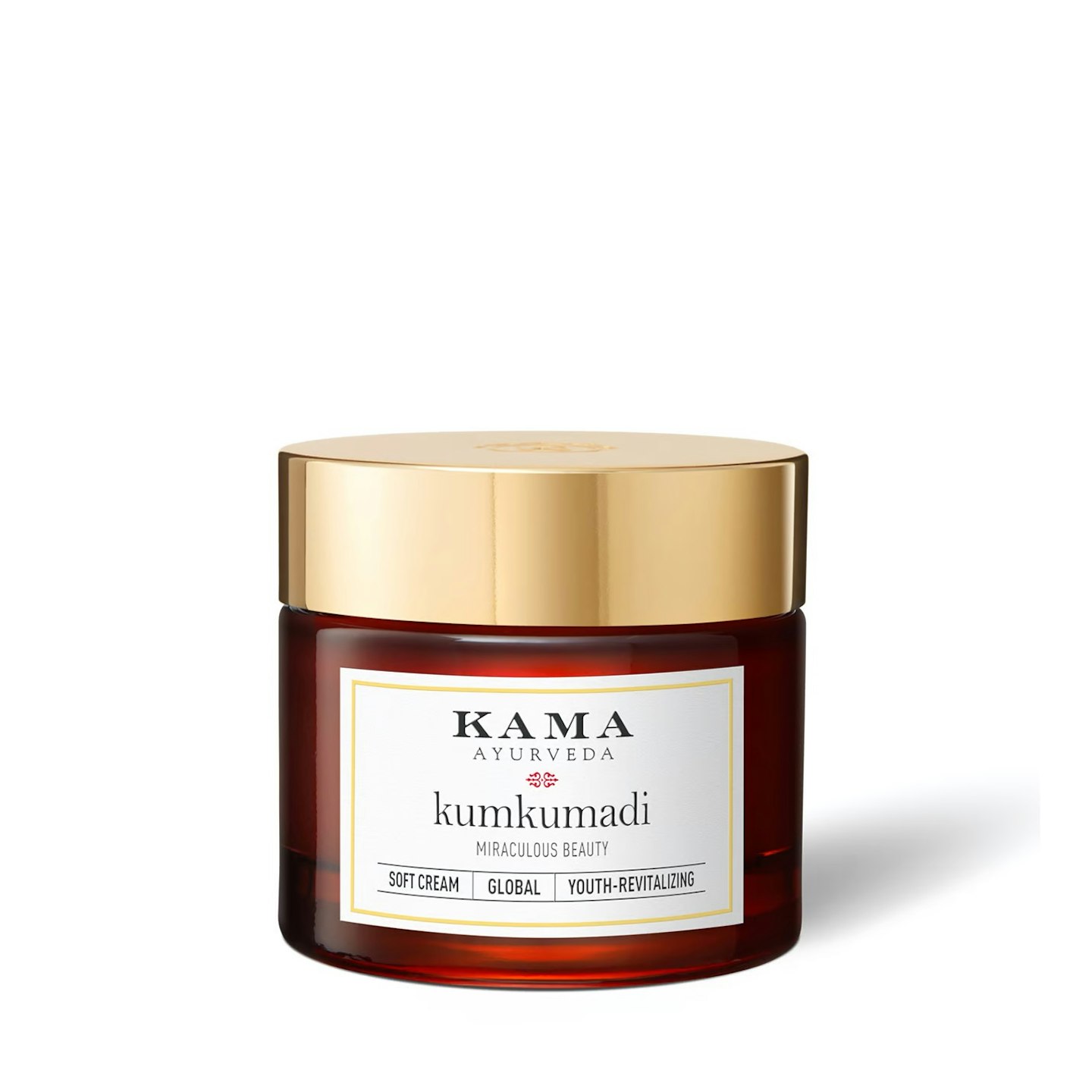
www.kamaayurveda.com
Loaded with calming lotus, balancing saffron and anti-oxidant-rich Indian madder, as well as 11 other botanical extracts, this rich and comforting cream draws on ancient Ayurvedic practices to plump, define and boost radiance.
Pros
- Brilliant under make-up
Cons
- On the pricey side
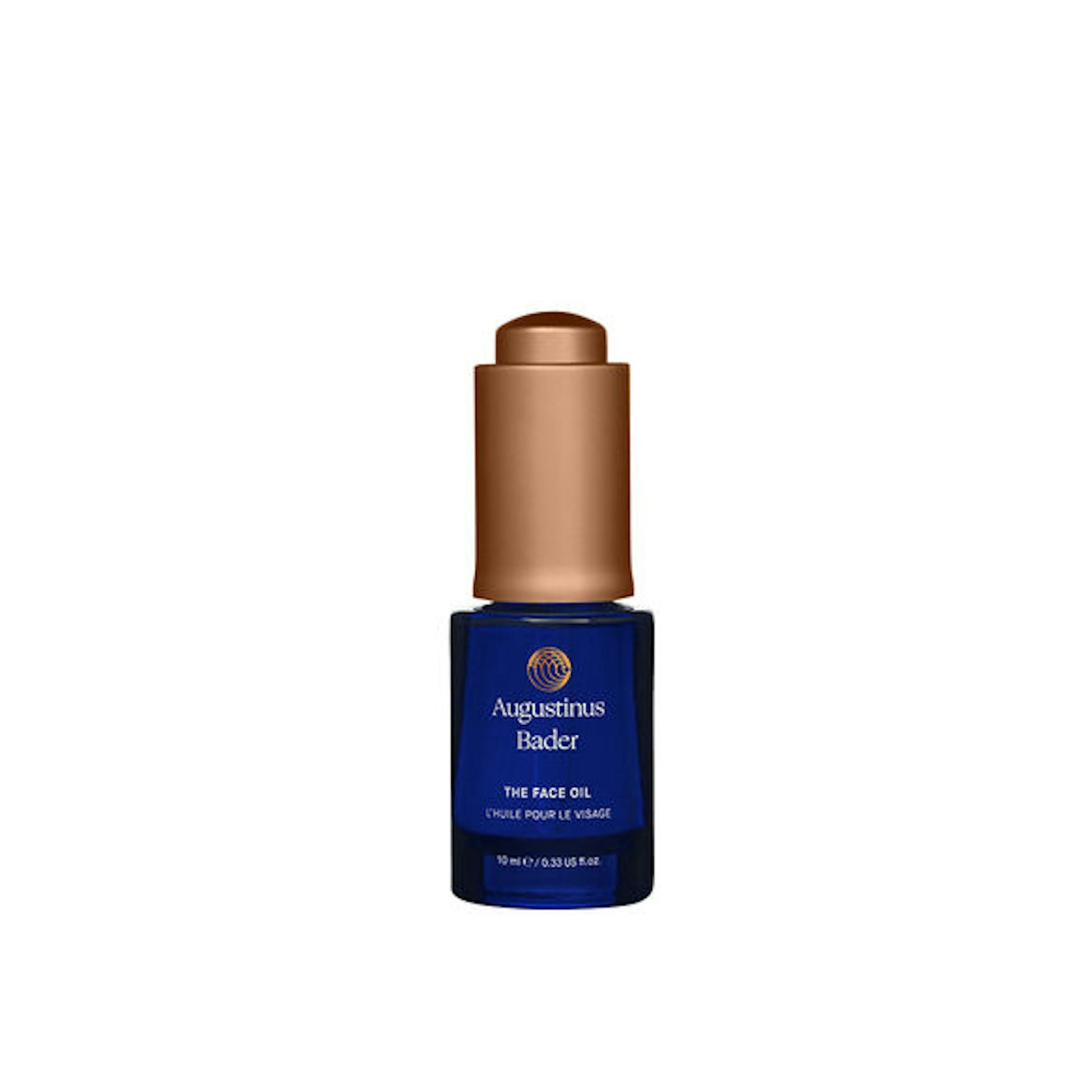
Just two drops of this, used alone or mixed into your moisturiser, will help to kick start skin restoration. The potent formula, featuring the brand's patented TFC8® complex, heals, evens and maintains a healthy skin barrier.
Pros
- Expert formula helps to repair the skin
Cons
- High end price point
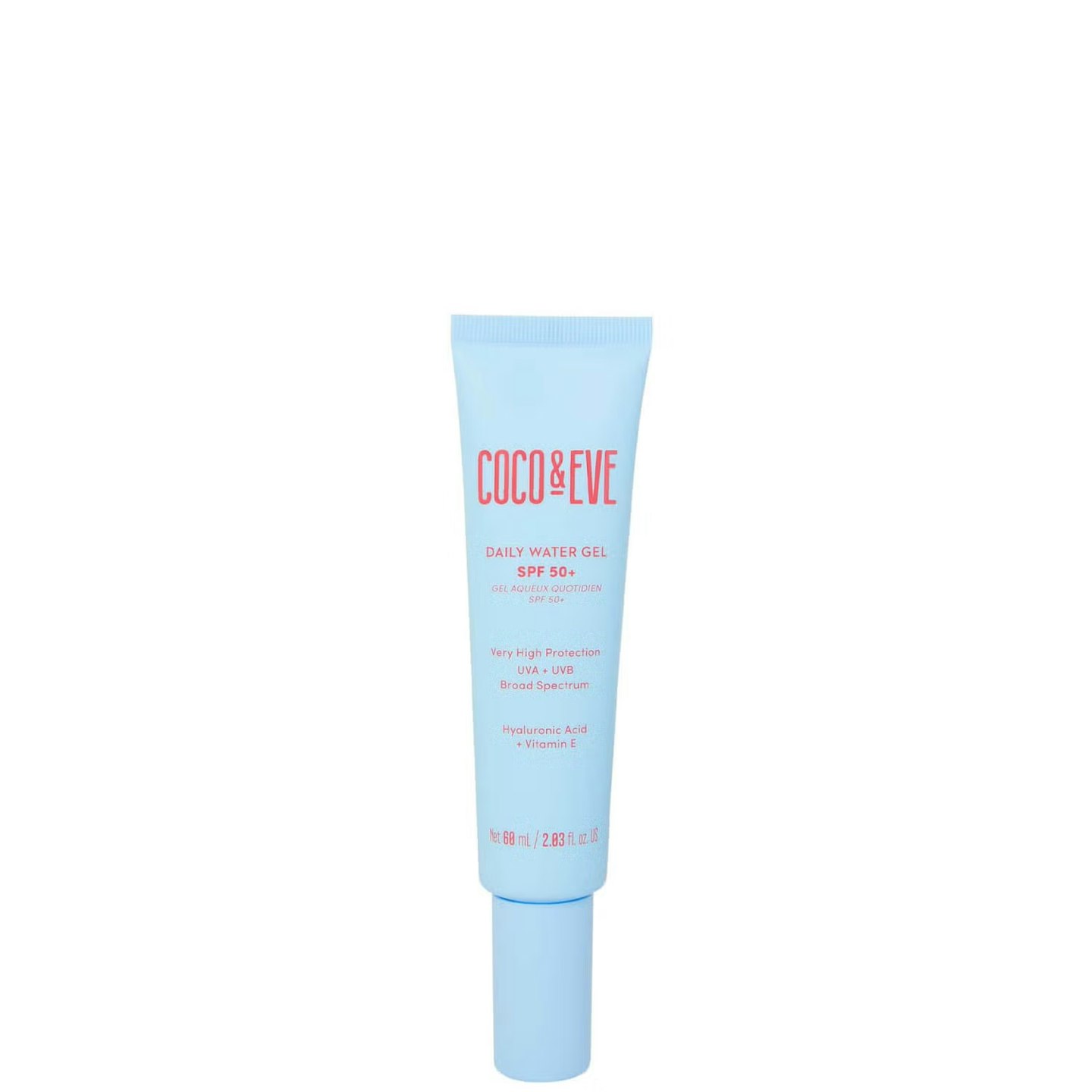
www.lookfantastic.com
My all-time favourite SPF comes equipped with an uber-fluid, lightweight formula that is loaded with skincare heroes like hyaluronic acid, aloe vera and vitamin E.
Pros
- Glow-giving
Cons
- May not work for those who like thicker SPFs
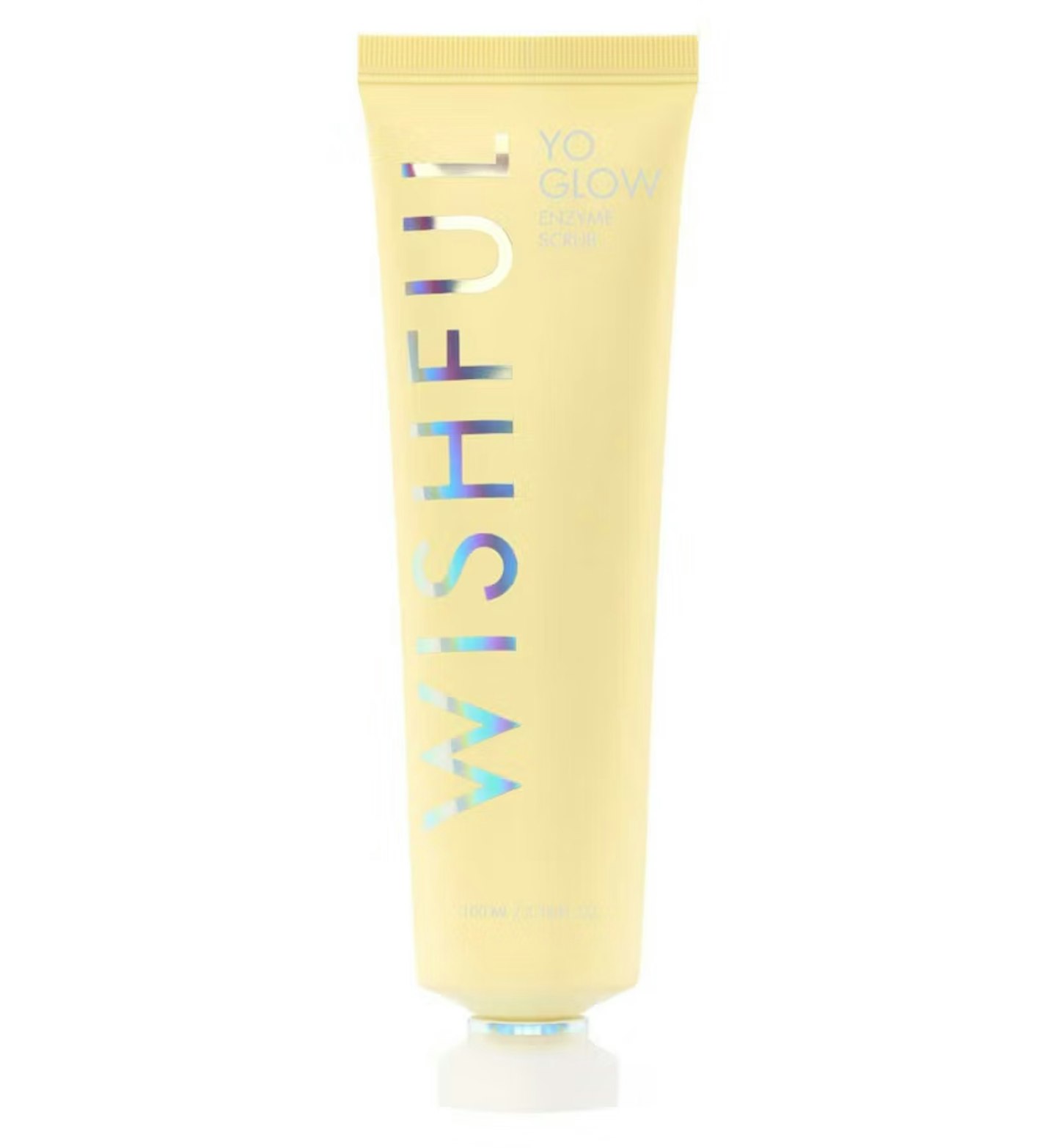
www.boots.com
A staple in my routine, Huda Kattan's skincare line launched with this innovative physical exfoliator which transforms from a milky gel-to-scrub, to slough away dead skin and build up with a gentle chemical and enzymatic formula.
Pros
- Gentle, yet thorough formula
Cons
- May not be abrasive enough for those who love a physical exfoliator
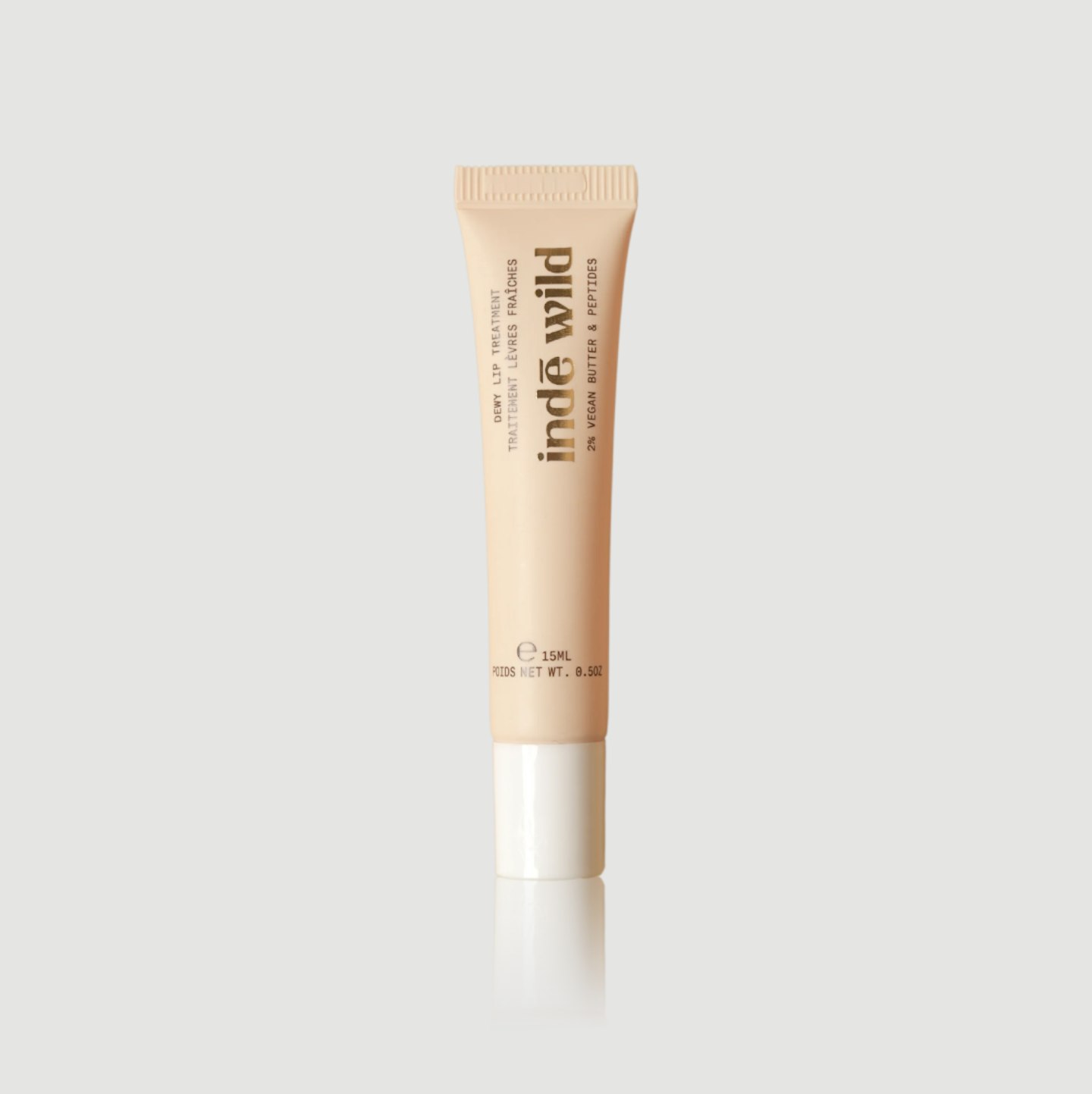
uk.indewild.com
Backed by the benefits of Ayurveda, this lip saviour Desi ghee (naturally rich in linoleic acid, vitamin E and phospholipids), alongside hyaluronic acid, peptides, shea butter, squalane and rose to soften, hydrate and relieve parched lips.
Pros
- Uber-nourishing formula
Cons
- Unscented, though many prefer a fragrance-free blend
Sameeha Shaikh is Grazia UK's Beauty Writer, working across all categories to bring you insights on the latest trends, industry news and the products you need to know about, viral or not (most probably viral).
